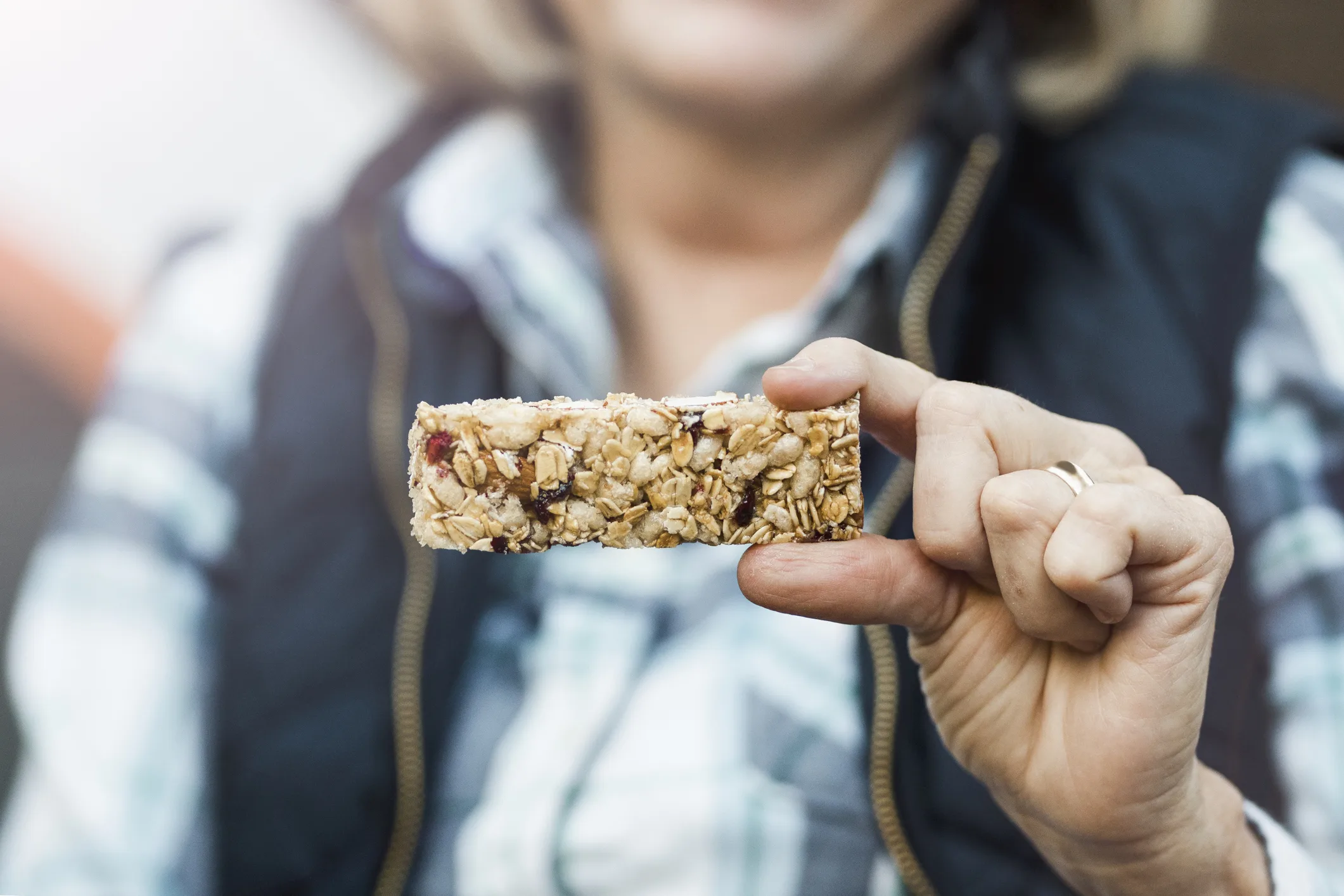Many of us enjoy a good nap. That quick doze can feel refreshing, a little boost to get through the afternoon. But new research suggests that how and when we nap in our middle and later years might actually be a quiet signal about our health.
This large study looked at information from over 86,000 non-shift workers in the UK, many of whom were 50 and older. It found some interesting connections between napping habits and how long people lived.
Not Just Napping, But How You Nap
The study’s lead researcher, Dr. Chenlu Gao, explained that it’s more than just if you take a nap. It’s also important to consider how long your naps are, how often the length of your naps changes, and what time of day you tend to nap. These details might give us clues about our future health.
The researchers discovered that longer naps, and naps that changed in length a lot from day to day, were linked to a higher risk of dying from any cause. The same was true for naps taken around lunchtime and in the early afternoon. For example, if someone’s naps were generally longer, or if the length of their naps varied a lot, they had a higher chance of a shorter lifespan in the study. Napping between 11 AM and 3 PM also seemed to carry a higher risk.
What the Study Looked At
To figure this out, participants wore special devices for a week that tracked their sleep. Napping was defined as any sleep between 9 AM and 7 PM. The average age of the people in the study was 63.
Over an 11-year period, about 6 out of every 100 participants passed away. The study noticed that as people got older, their naps often became longer and less regular, and they tended to nap more in the afternoon. Even after considering other factors like weight, smoking, drinking, and how much sleep people got at night, these napping patterns still showed a connection to health risks.
What Does This Mean for Your Health?
It’s very important to understand that this study shows a connection, not a cause. We can’t say for sure that these napping patterns cause health problems. Instead, they might be a sign that something else is going on with your health.
Dr. Gao suggested that longer or more irregular naps could be a sign of poor sleep at night, a disrupted body clock, or underlying health issues like heart problems, diabetes, depression, or early signs of memory decline. In simpler terms, your napping habits might be an early warning sign that your health is quietly slipping.
Talk to Your Doctor About Your Naps
Dr. James A. Rowley, a sleep expert, pointed out that doctors should be asking their patients about their daytime napping, not just their nighttime sleep. He believes it’s crucial to understand why someone might be napping a lot during the day.
If you find yourself needing long or frequent naps, especially in the middle of the day, it might be worth talking to your doctor. They can help figure out if you’re getting enough sleep at night, if there’s a sleep disorder like sleep apnea (where you stop breathing briefly during sleep) or restless legs syndrome, or if another medical condition is affecting your sleep and making you tired during the day.
Takeaway
While a quick power nap can be great, pay attention to your napping habits. They might be giving you valuable insights into your overall health.
Source:
Napping Patterns in Older Adults Tied to All-Cause Mortality











